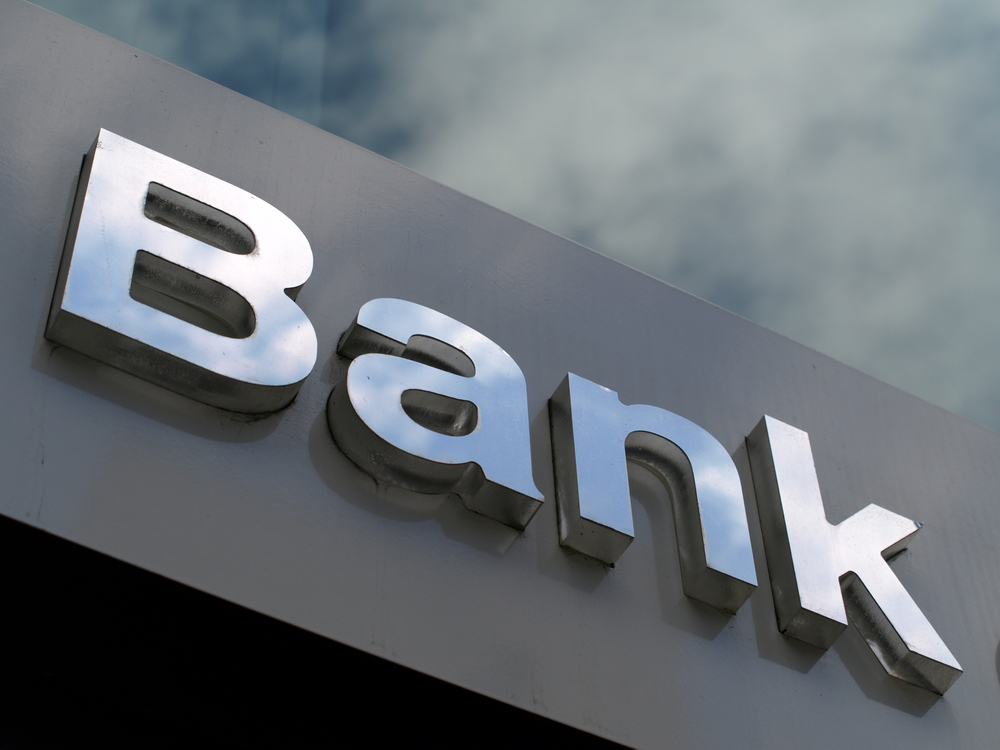One of the consequences of the credit crunch has been a marked reluctance from the banks to invest in new projects. Their own bad judgement about who was worthy of a loan in the years before the crisis has been compounded by the continued uncertainty in European markets and the failure of several recent national bond issues.
The money that went to the banks from national governments to prop them up and to help generate economic growth has lingered in their accounts and, whether at home or abroad, made it difficult for businesses to get loans or for governments to start national infrastructure projects.
The crisis comes in the wake of the slow economic growth that the United States of America had experienced during 2008 thanks to the subprime mortgage crisis. Some European countries (such as Greece) did not undertake financial reforms when they were needed, and that is when Europe first got an indication of the trouble its nations were getting themselves into. Greece’s debt is so large that it even dwarfs the entire economy of the country.
This has resulted in African nations finding alternative sources of funding, which means that they will avoid increasing their national debt to those same Western nations. One of the most interesting innovations has been from Trico Capital International, a specialist financial advisory practice focused on developing infrastructure projects in West Africa, who are striking up partnerships with leading international banks to harness the huge potential that has been generated by the migrant remittances.
Infrastructure Programmes in Africa
The European crisis may not have boded well for countries such as Greece, but it certainly seems to be a good time for African countries to make their mark. Considerable progress has been achieved in African nations, as far as development and improvement in their infrastructures are concerned. Trico Capital International’s CEO, Austine Ometoruwa, is on a mission to improve the infrastructure problems that are rampant throughout the continent without having to resort to increased dependency on European and world banks. With more than 40% of the total population living on less than a dollar per day, poverty is still a serious issue in most African countries. Over half a billion people in Africa are forced to live without electricity or other modern forms of energy whatsoever, and the lack of basic infrastructure has affected the trade of these African nations adversely.
In some countries in Africa a lot is being done to make life easier, with the private sector now making a substantial change in Africa’s economic landscape. The industrial sectors of power, transport, and oil, for instance, are gaining proactive support from the private sector. For instance, finance is being made available for the construction and operation of a $1 billion landmark project that involves building Africa’s first deep-sea container port on the coastline. The construction of such a port is going to revolutionise the trade scene of Africa – a much needed change, many would agree. With a lot being done and a long way to go, the economic landscape of Africa is undergoing some real and noteworthy changes.
Written By: Abiola Alabi is a Nigerian blogger, journalist and writer. He is particularly interested in infrastructure development and urban renewal in and around the burgeoning metropolis of Lagos and writes regularly on Africa’s continuing economic development & closely follows the work of Austine Ometoruwa CEO of Trico capital focusing on the long term gains in economic development that come with improved infrastructure developments.
How Africa Has Capitalised On the European Crisis





